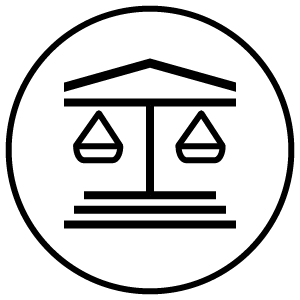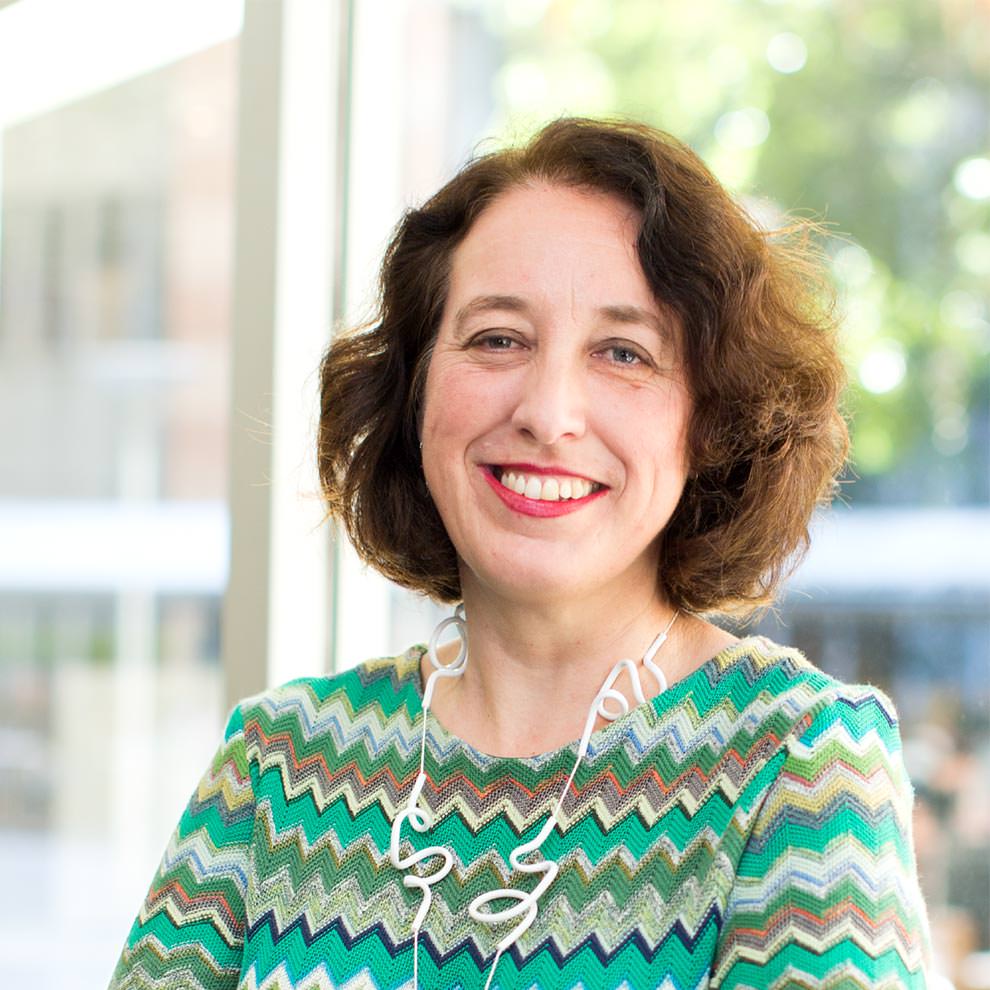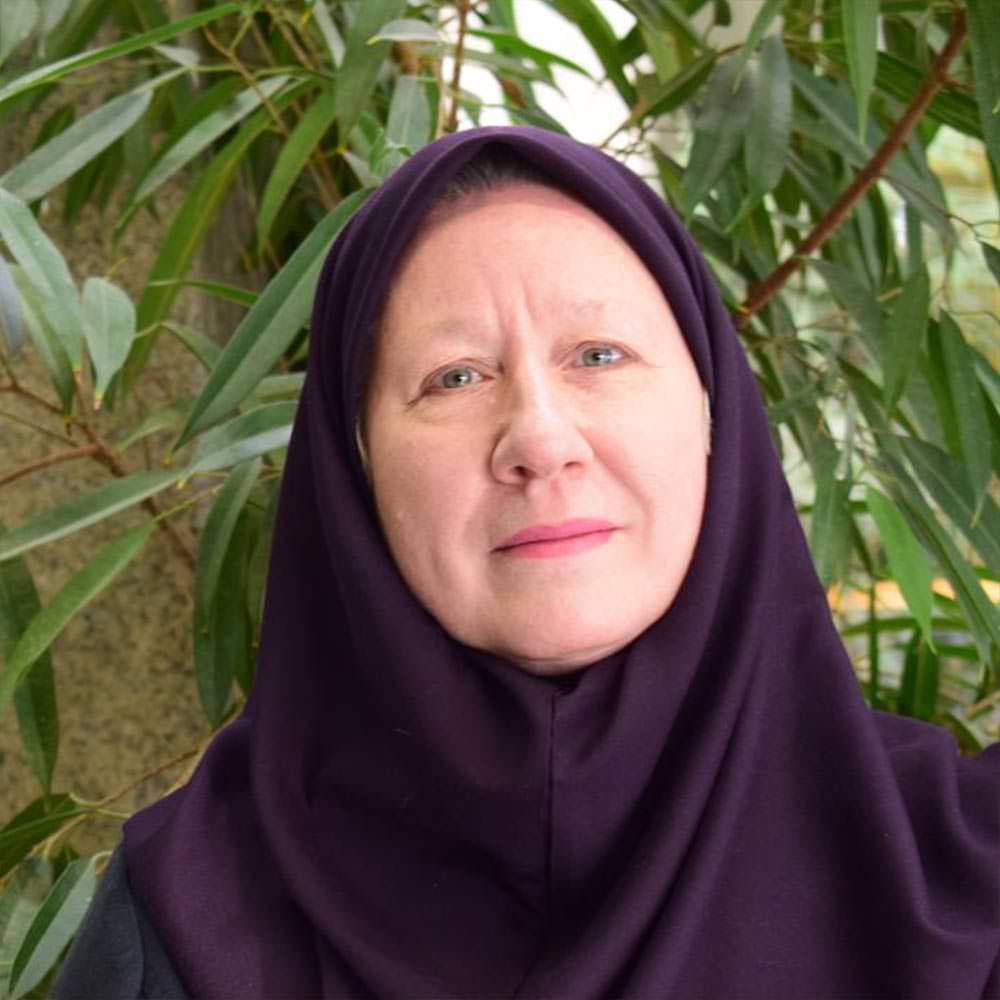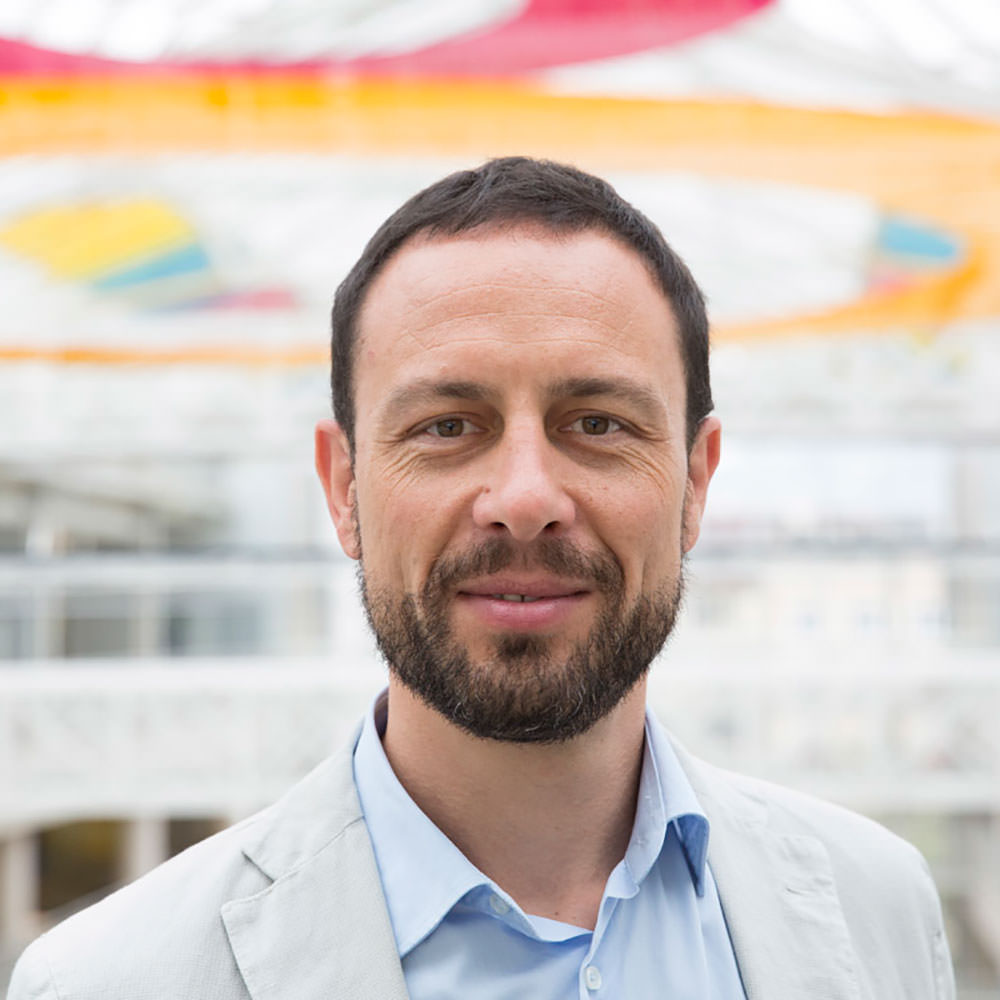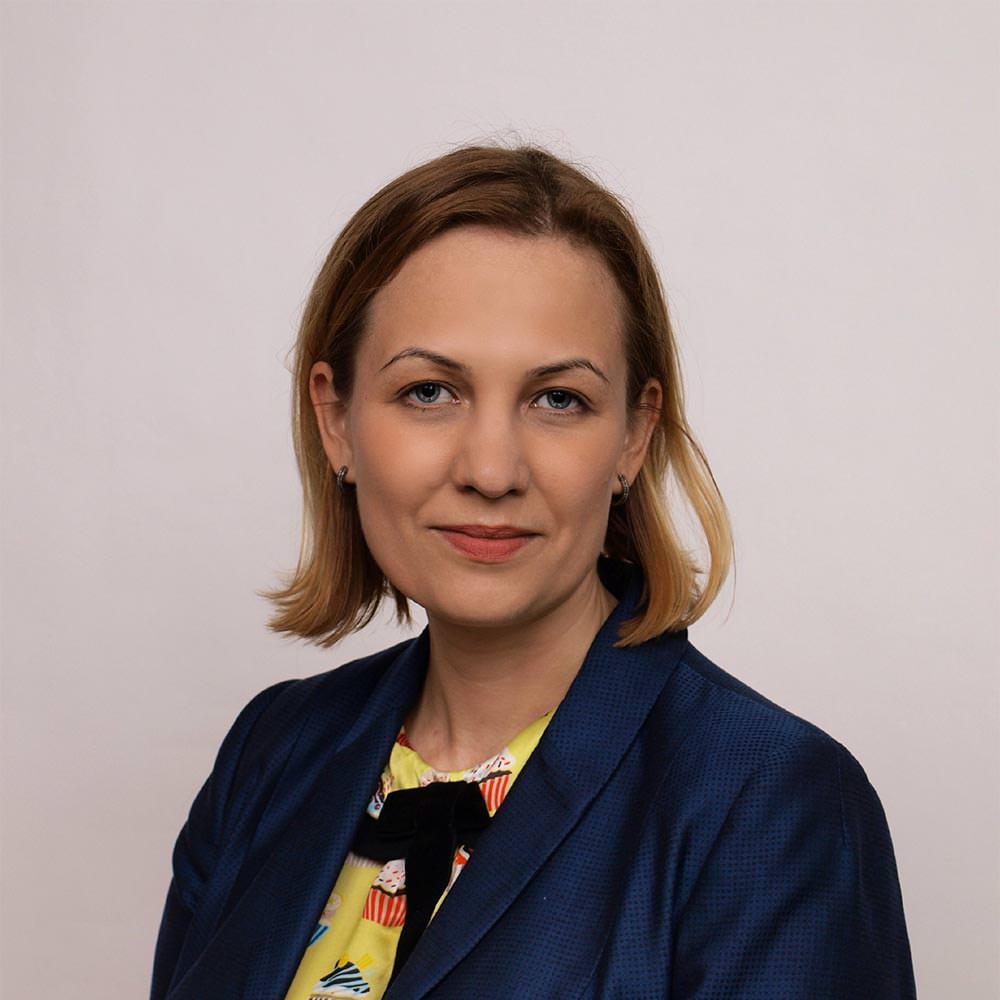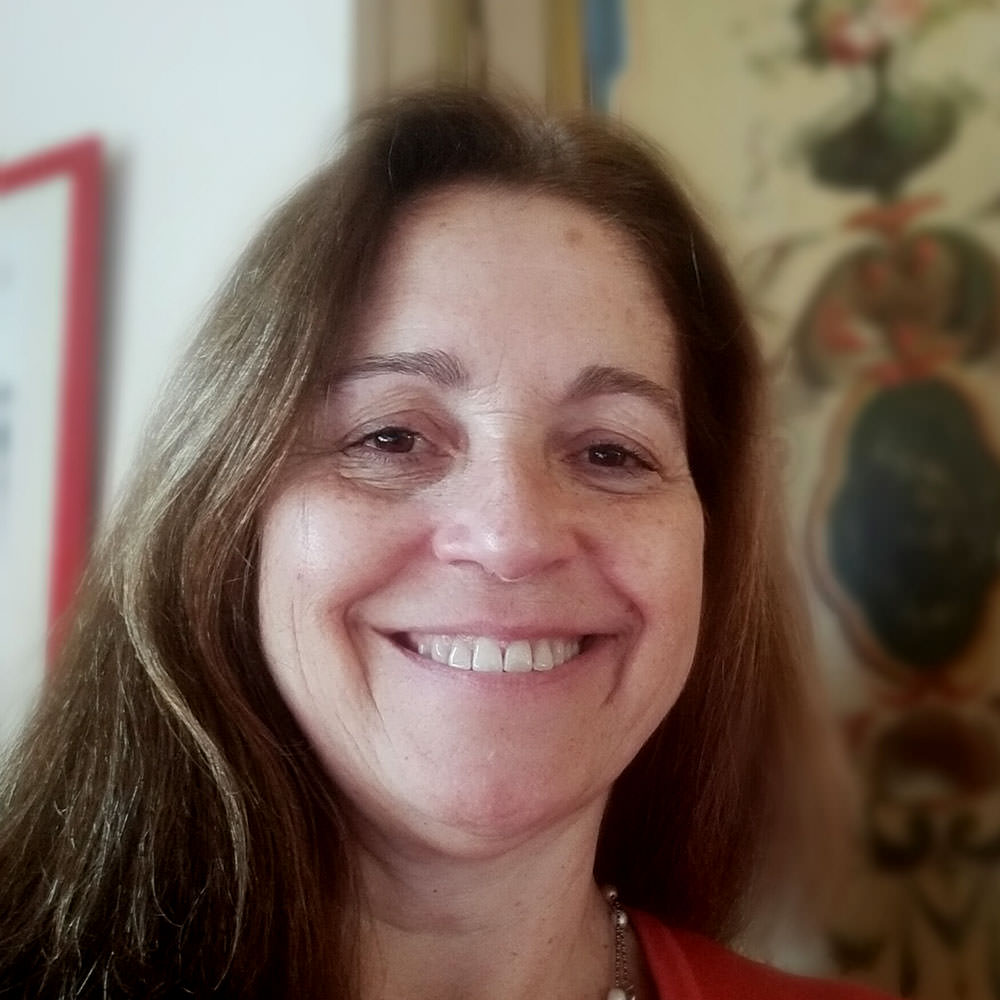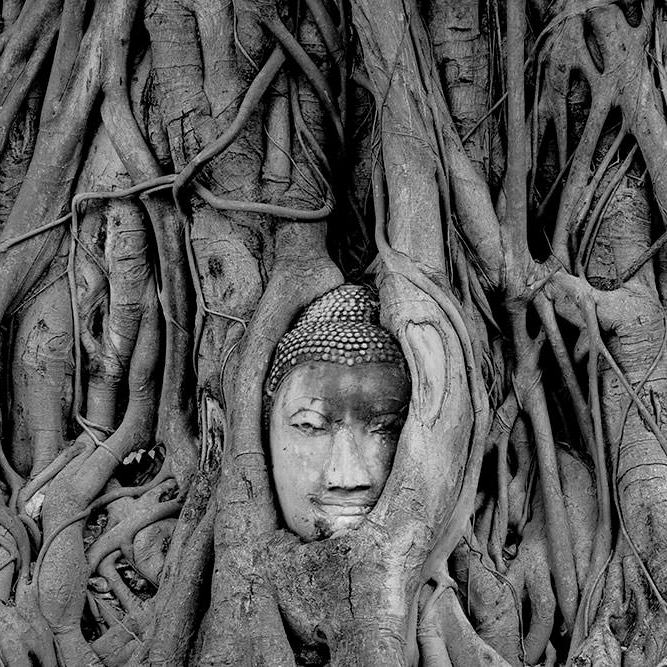Established in 2019, the UNESCO Chair in Cultural Heritage and International Law is held by Professor Ana Filipa Vrdoljak and brings together an international and interdisciplinary team of researchers, advocates, and educators to advance knowledge and practice in international cultural heritage law and policy.
Our work focuses on promoting ratification, implementation and awareness of the UNESCO’s normative culture framework, facilitate its coherence and effectiveness, and understanding the role of culture in peace and sustainable development. Gender equality and Indigenous peoples are priority areas during the second phase (2023-2027) of our research and training programs.
The UNESCO Chair in Cultural Heritage and International Law is hosted by the University of Technology Sydney.
Professor Vrdoljak is the co-coordinator and UTS is the co-host of the UNESCO-UNITWIN Network on Culture in Emergencies.

